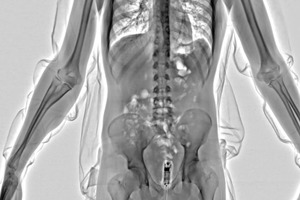UK Minister for Asia visits Mongolia to boost collaboration in trade, climate change and education
Press release
Minister for Asia, Amanda Milling visited Mongolia this week (11-13 May) following a two-day visit to South Korea.

During her visit the Minister focused on areas of UK-Mongolia bilateral relations such as trade and investment, foreign policy issues, climate change and education.
Minister Milling also co-chaired the UK-Mongolia Roundtable Dialogue with the Mongolian Minister of Education and Science and the Foreign Policy Dialogue with the Deputy Foreign Minister. These covered a range of bilateral and international issues.
Minister Milling also met other Ministers and senior officials during her visit. She raised global issues, in particular the importance of international condemnation of Russia’s invasion of Ukraine. The Minister welcomed Mongolian humanitarian assistance to Ukraine and urged Mongolia to join the international community’s call to uphold the UN charter in Ukraine and press for an end to the violence. The Minister also discussed continued provocations by the Democratic People’s Republic of Korea (DPRK) and sought Mongolia’s views on international engagement with DPRK and deterring provocations.
Minister for Asia, Amanda Milling, said:
I was delighted to make my first visit to Mongolia as UK Minister for Asia.
I held productive discussions on a range of bilateral and international issues and look forward to strengthening our relationship with Mongolia even further.
Seeing the Oyu Tolgoi copper mine and the transformational impact of UK investment was a particular highlight.
The Minister also had the opportunity to pay a visit to the Oyu Tolgoi copper mine in the South Gobi. It is managed by the UK/Australian company Rio Tinto and is the largest investment by a UK company in Mongolia. The mine is the largest employer in Mongolia and a significant contributor to Mongolia’s development. The Minister was able to see the new underground phase and operations across the mine. It is set to be the 3rd largest copper mine in the world when fully on-stream, with amazing potential for UK investment and Mongolia.
Published 15 May 2022
